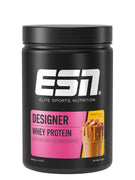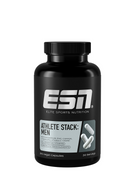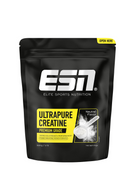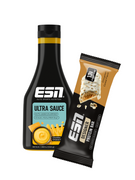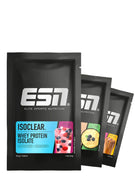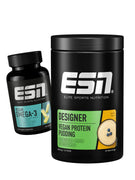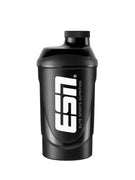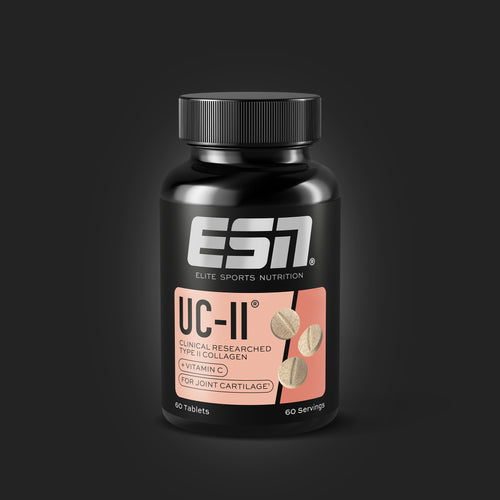UC-II Type 2 Collagen Tablets
Product reviews- UC-II type 2 collagen & vitamin C
- 40 mg UC-II® & 50 mg vitamin C²
- Supports normal collagen formation & cartilage function¹
UC-II Type 2 Collagen + Vitamin C Key Facts
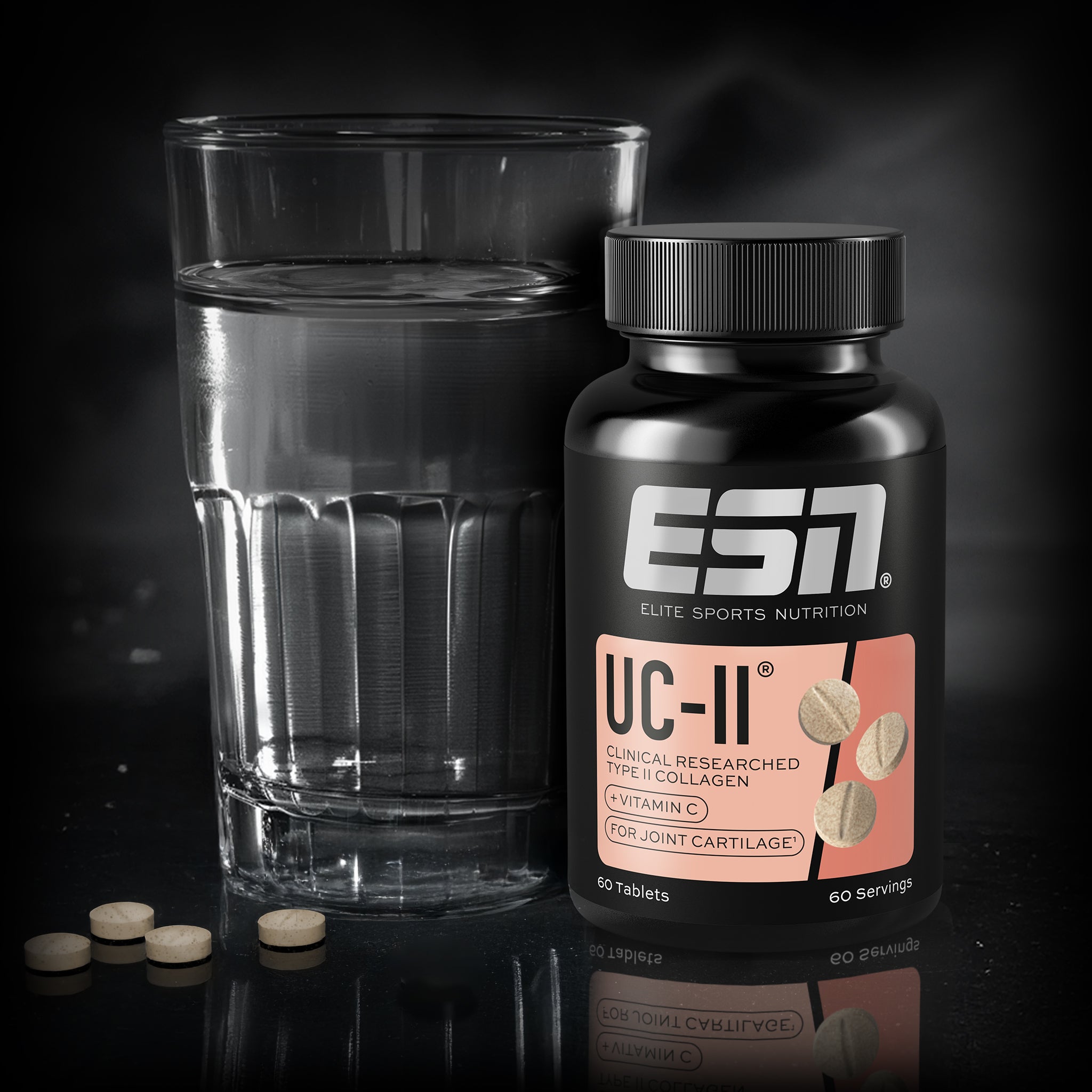
Frequently bought together
Optimize your training with these combined products
360 kr
Any further questions?
Find out more about the product here
The specified daily intake must not be exceeded. Food supplements are no substitute for a balanced and varied diet and a healthy lifestyle. Keep out of the reach of young children. UC-II® is a Lonza brand.
